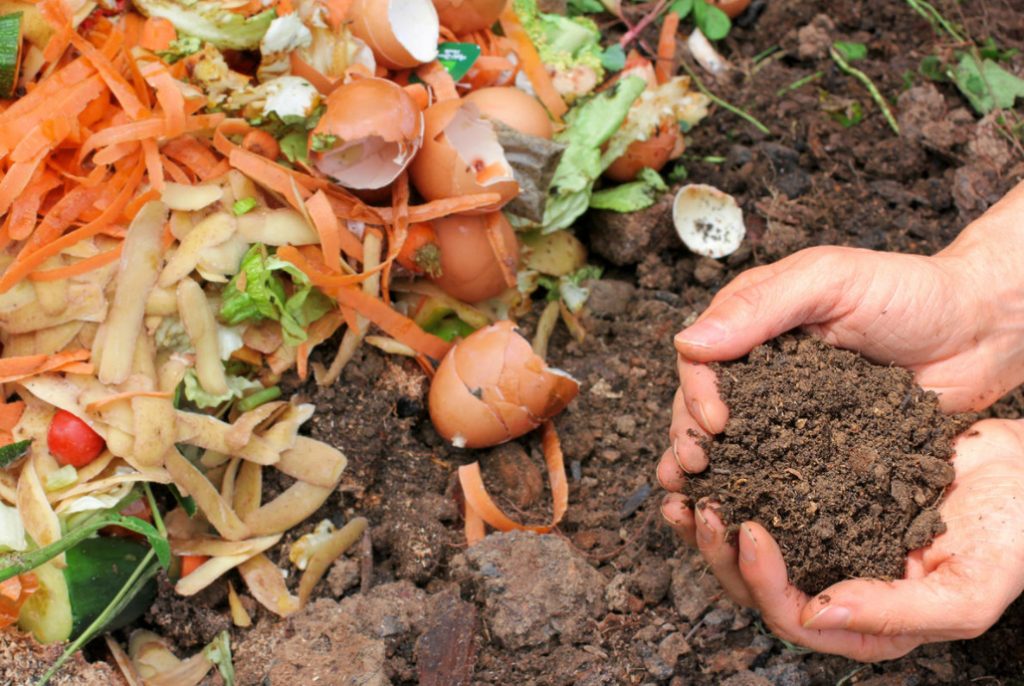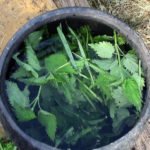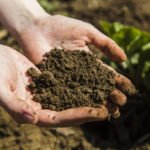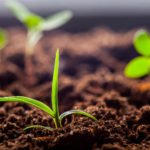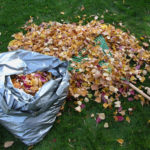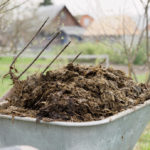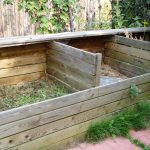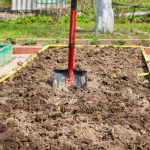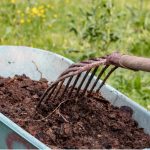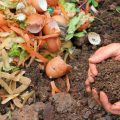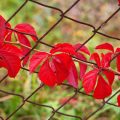Do you want to get rid of the trash can with its not the most pleasant aroma at the same time, get a super-useful fertilizer, make your positive contribution to the environment, and also save a good amount of money? You say this does not happen? It happens if you start cooking your vermicompost from food waste.
Recycling and recycling of garbage is one of the important topics of the modern world. And if the separate collection and recycling (recycling for reuse) of plastic, paper, metal and other technological household waste is somehow getting better in our country, then food still most often ends up in a dumpster in the yard, and from there to the landfill, bringing nothing but harm: the production of landfill gas.
Meanwhile, food waste can be turned into fertilizer without much expense, which is more valuable in its properties than manure.
What is vermicompost
Very often, seemingly simple things do not have a clear and understandable definition. These, in my opinion, include humus and biohumus. The first one can still be sorted out: humus is a complex of organic substances contained in the soil and necessary for plants. But how does vermicompost differ from it? Wikipedia believes that vermicompost is organic residues processed by soil microorganisms, and most importantly – earthworms, therefore, a synonym for the word “vermicompost” is vermicompost. You might think that humus is simply obtained in some other way.
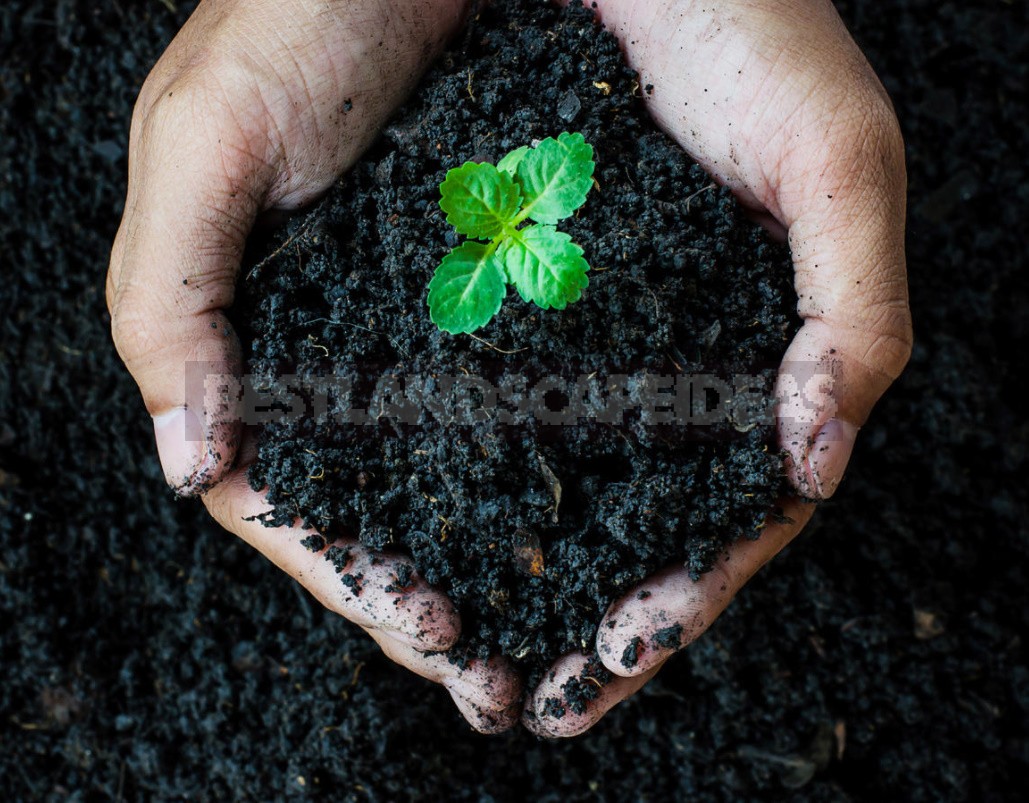
You can still find such a difference. Ready-made compost is available for sale. According to one technology, it is dried and sterilized before packaging, killing soil animals. That is, inside there is exactly humus – a product of the vital activity of soil microorganisms, a set of useful substances for plants. And if the manufacturer put everything in the package as it is (well, only by choosing earthworms) it turns out biohumus is an organic fertilizer containing not only a set of nutrients, but also soil microorganisms. They, once in your garden, will continue their activities on the formation of humus already at their new place of residence.
I propose to leave the terminology with the prefix “bio-” on the conscience of marketers and move on to a more interesting question — how to prepare biohumus yourself.
How to make vermicompost from food waste
A real summer resident must have a compost box on the site, where various organic waste is collected during the summer — weeds, fallen leaves, cut tops, kitchen cleaning. Ready—made compost is a valuable fertilizer for all crops, and there is never much of it. With the arrival of cold weather, life in the pile freezes until spring, as in the whole of nature (after all, the process of producing useful nutrients occurs not only in a beautiful compost). In the fall, the summer resident goes home, and then sits in a city apartment for six months and produces valuable organic waste in considerable quantities (according to experts, up to 80% of household garbage consists of organic matter), which will be wasted in a landfill, adding problems to environmentalists.
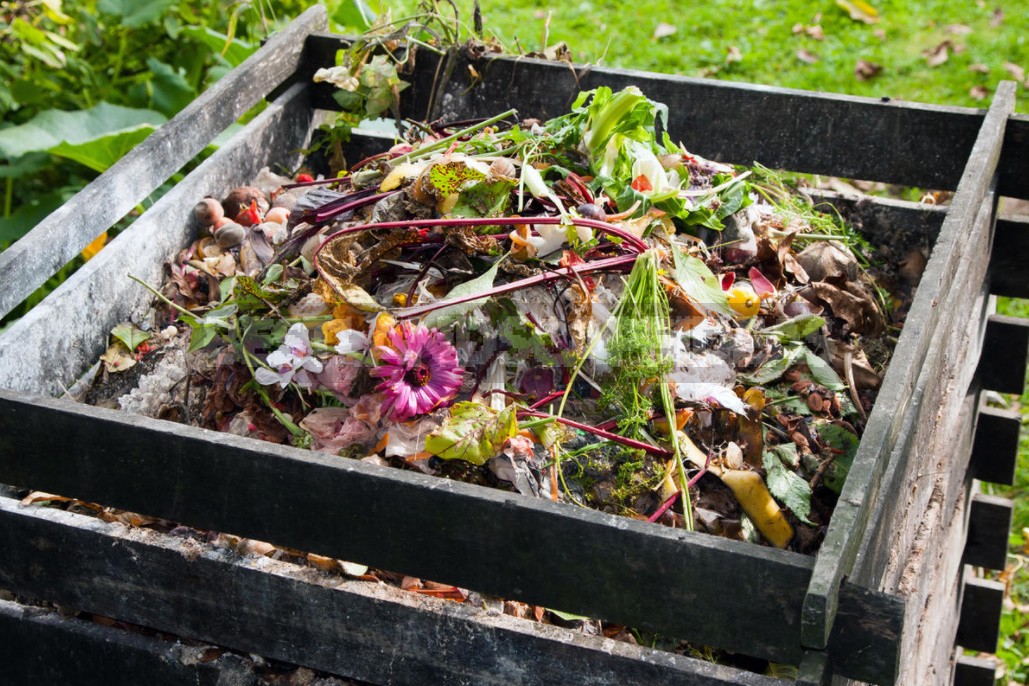
Of course, it is impossible to have an ordinary compost heap in the pantry of a city apartment. Firstly, it will turn out to be a big pile (according to estimates, each person produces about 10 kg of organic waste every month — potato peelings, banana peels, apple cores and other things). Secondly, compost preparation is a slow business, even without taking into account the break “in the cold”, organic processing will take at least six months. Well, not everyone has the opportunity to carry a bag of organic garbage to the dacha in winter. However, there are ways to get excellent compost in a city apartment. To speed up the process and, as a result, reduce the amount of waste, it is necessary that a large number of micro-snacks eat up what you have not finished.
Decomposition of organic matter with the help of bacteria
Bokashi is such a funny word in Japanese for the process of composting with the participation of anaerobic bacteria. It differs from the technology we are used to, when good aeration is necessary to obtain high-quality compost (therefore, it is recommended to periodically stir up the pile or lay layers of loose, breathable material in it). Bokashi is a kind of fermentation of organic matter: inside there are processes similar to sauerkraut.
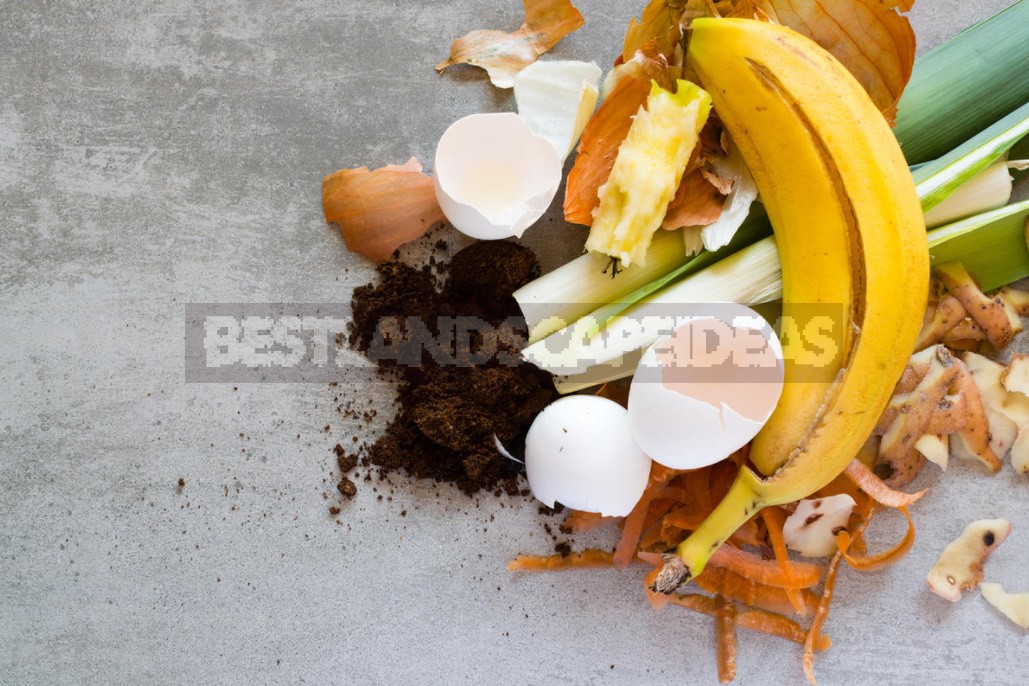
There are special convenient buckets for composting at home with taps for draining liquids, as well as biological products containing a complex of microorganisms whose activities simplify the process of fermenting food waste.
Vermiculture
Another way is feeding kitchen waste to earthworms. The benefits that earthworms (or, as they are also called, rain, manure, compost) worms bring to gardeners were known to the Egyptians. These creatures were considered almost sacred by them, and severe punishment followed for their destruction. However, later the value of earthworms was forgotten: some gardeners believed that worms gnaw the roots of plants. There were even pamphlets-manuals on fighting, for example, “Earthworms as our scourge and their other properties” (1928, USA, “Farmer’s Bulletin”). But in fact this is not the case — they feed only on dead or rotten parts of the roots and do not harm plants.
The founder of the cultural breeding of worms, American Thomas Jason Barrett, devoted his life to popularizing vermiculture and the benefits of vermicompost for agriculture. Mary Appelhof continued and expanded her activities to promote the idea of breeding earthworms as the most correct way to dispose of food waste. Back in the 80s of the last century, she wrote the book “Worms eat my garbage.”
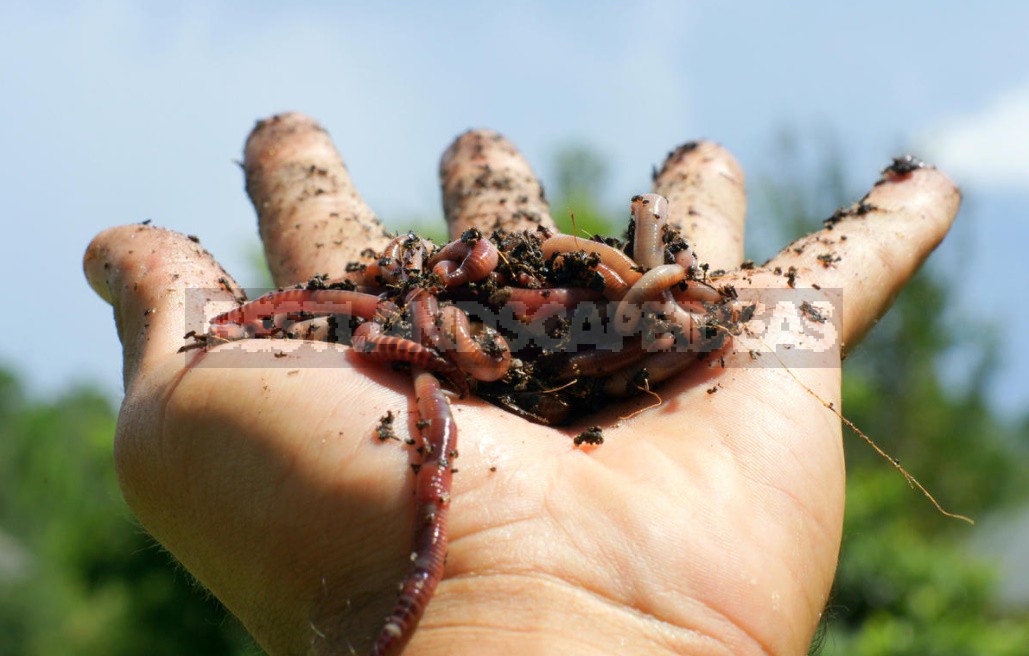
Cultivation of earthworms allows you to simultaneously solve the problem of organic garbage and get valuable fertilizer. Its effectiveness is higher than manure and ordinary compost: in addition to nitrogen, phosphorus, potassium, calcium and other trace elements, which are easily digested for plants, worm coprolites contain enzymes, natural antibiotics and other useful substances.
Thanks to the activity of worms, the soil becomes not only fertile, but also structured, air- and moisture-permeable. The introduction of vermicompost for vegetable crops increases the yield by a third, and when growing strawberries – generally by 50%. In addition, vegetables and fruits grown on vermicompost contain more sugars, starch, etc.
